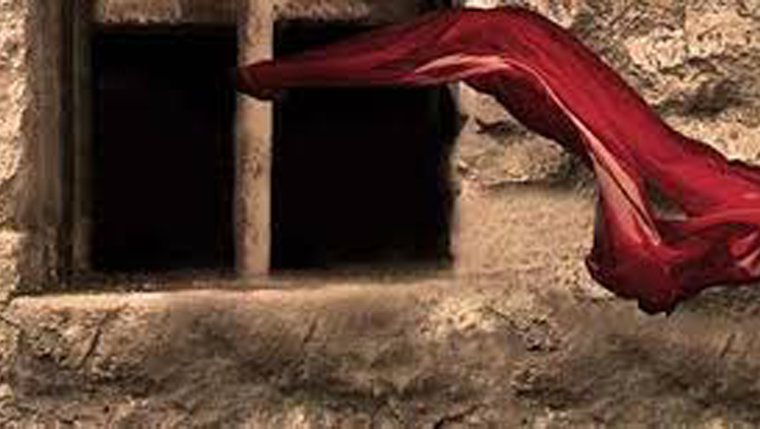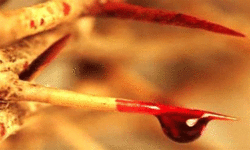Yes, my soul, find rest in God; my hope comes from Him. Psalm 62:5
David cries out for rescue in this Psalm and then recounts the ways God has already provided. He declares that God is the source of his hope. Our English dictionaries define hope as a feeling, but if we look further in our text I don’t think that’s what David is talking about at all.
The word for hope (there are several in the Bible) that shows up here is Tiqvah. Its first use is found in the Rahab story.
This oath you made us swear will not be binding on us unless, when we enter the land, you have tied this line of scarlet thread in the window through which you let us down. Joshua 2:17-18
It seems odd that in this passage Tiqvah is translated as line or cord. But everywhere else in the Bible it is translated as hope.
Rahab was instructed to put this scarlet line out her window so that she and her household would be saved. This cord represented an agreement with mortal or blood consequence. Because she feared God and obeyed, that cord brought deliverance. Her faith paved the way for rescue.
The scarlet line, surely hinting at the blood of sacrifice, was Rahab’s only hope. This Gentile woman was marked for deliverance, much as the Jews were on Passover as they marked their doors with the blood of a lamb. It didn’t matter that she was a Canaanite and possibly a prostitute; out of her helplessness she embraced God. And He provided a way of rescue.
In an interesting turn about, that scarlet line also gave hope to the Jewish people. David is a descendant of Rahab, and therefore the Messiah is in her lineage. Her rescue gave hope to their rescue. It is through her line that we all, Jew and Gentile alike, have ultimate deliverance and hope. We have been delivered from the consequences of sin and death.
Hope is not a feel good wish list for the future. Hope is faith in our deliverance – and it is available today. We see it in the picture of the scarlet line, a way of rescue to all who embrace it.
For You have been my hope, Sovereign Lord. Psalm 71:5








3 Responses